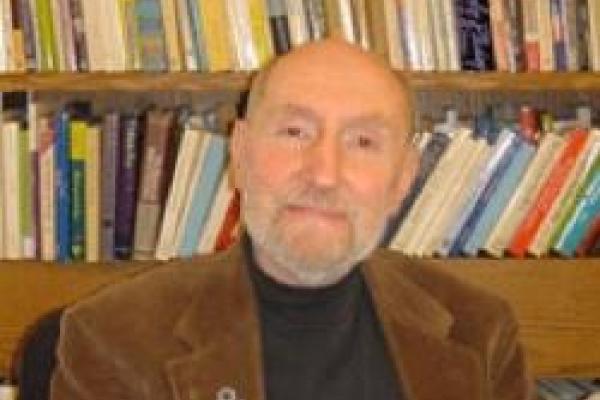
In their explorations of narrative, many narratologists distinguish between the narrated (the situations and events presented), the narrating (the way these situations and events are presented), and the concrete manifestation of narrated and narrating in a particular medium (linguistic, say, pictorial, balletic) or a particular form thereof (English or French, film or painting, classical or modern). By and large, narratologists focus on the narrated and the narrating rather than on the medium of manifestation. Still, they are not unaware of, nor insensitive to, the effects that specific means of expression can have on narratives and, more particularly, on their transpositions (from prose to canvas, from stage to screen) or on their translations (from English to French, for instance, and vice versa). Taking as examples a variety of fictional texts by Stendhal, George Eliot, Anne Garreta, Ernest Hemingway, and others, the paper will discuss some of the effects that translation's inevitable nonequivalences, variances, or paraphrases have on narrating and narrated features. More specifically, it will use translation to revisit these features, to reconsider their basicness, centrality or indispensability, and to reassess the narratological models they bring about. Responding to the paper will be Paul Dawson.
Gerald Prince is Professor of Romance Languages, Associate Faculty at the Annenberg School of Communication, and a member of the graduate groups in Linguisitcs and in Comparative Literature at the University of Pennsylvania. The author of several books, including A Dictionary of Narratology, Narrative as Theme, and Guide du roman de langue francaise: 1901-1950, he is working on the second volume of his guide to the twentieth-century novel in French (1951-2000).
Paul Dawson is the author of Creative Writing and the New Humanities, a comprehensive international account of the historical origins, theoretical underpinnings, and disciplinary future of Creative Writing programs. He is currently working on an Australian Research Council Discovery Project entitled "The return of the omnisicent narrator in contemporary fiction: authorship and narrative authority in the new millennium."
